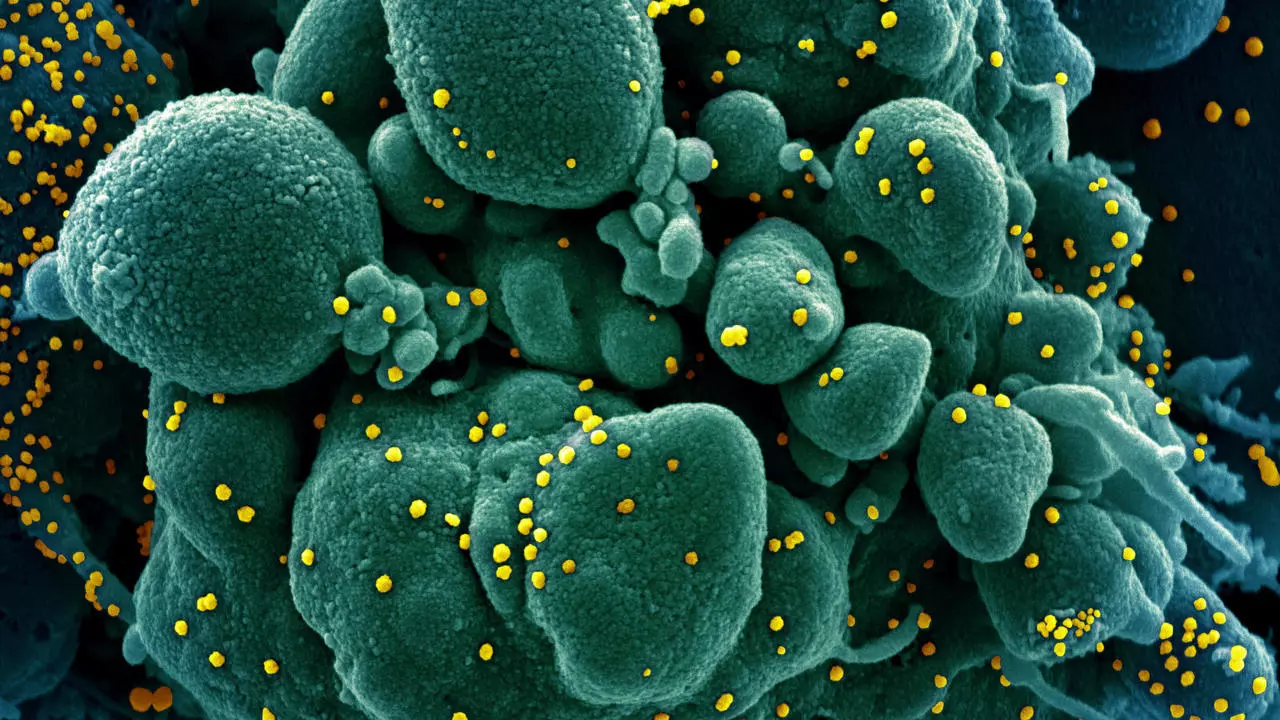As the ongoing coronavirus pandemic is grappling the whole world, one study has found that many cancer patients are facing delays in their surgeries, making it tough for them and doctors to make a decision.
Researchers at Beth Israel Deaconess Medical Center, Boston, looked at 15 years of data to understand how long surgery for certain types of cancer can be delayed without causing harm to patients’ chances of survival.
The researchers started analyzing the data in early spring, as the COVID-19 pandemic led many hospitals and medical centers to postpone or even cancel non-emergency procedures, including cancer surgeries.
Lead author Dr. Scott Fligor said, “We were worried that the surgeons and patients were being forced to make treatment decisions without a clear understanding of the risks.”
Dr. Fligor and his team found looked at more than 2,000 studies published in the last 15 years, of which 58 studies investigated the time from diagnosis to surgery in patients with stomach cancer, pancreatic cancer, and colon cancer.
These studies emphasized the importance of prompt treatment for cancer colon. They found that a 30- to 40-day delay in treatment or surgery was linked to poor prognosis, with worse chances of survival. Also, a delay in chemo or radiotherapy for seven to eight weeks was associated with poor rates of survival.
However, the researchers found little evidence that postponing surgery for pancreatic and stomach cancers worsened outcomes, probably because few studies were available.
Dr. Fligor said the findings, published online recently in the Journal of Gastrointestinal Surgery, should be interpreted with caution.
He said, “The studies we reviewed were not designed to answer the question ‘How soon should you operate on cancer during a pandemic?’ — because this is something that we have not experienced in our lifetime.”
The researchers explained that the outcomes depend on the length of delay, the stage and type of cancer, and biological and genetic factors.
Dr. Fligor said, “There really is an individualized vision for what’s best per patient in a specific case-by-case basis.”
Chief Medical Officer Dr. William Cance of the American Cancer Society (ACS) reviewed the new study findings and said it is reasonable to recommend treatment within 30 days of diagnosis, irrespective of surgery, chemotherapy, or radiotherapy.
“We don’t want to have extraordinary delays, but on the flip side, we don’t want to have patients taken too quickly to surgery,” Dr. Cance said. “I’ve seen too much rushed care, and we run the risk of going too far in the other direction.”
In the initial stages of the pandemic, hospitals had to postpone many elective surgeries, including cancer surgeries, to free up spaces for COVID-19 patients. More delays are anticipated due to recent surges in new cases.
Dr. Cance explained that if surgery must be delayed, doctors must consider alternatives such as chemotherapy or radiotherapy to keep cancer from spreading in the meantime.
He said, “I think the important point is that the patients should get their treatment plan made.”
Apart from delayed cancer surgery, another cause of concern is getting a prompt diagnosis during the pandemic.
Dr. Cance said, “We’re doing a pretty good job of getting patients with a diagnosis treated, but it’s those without a diagnosis that I worry about. It’s the people without a diagnosis that are getting put to the back of the line with screenings.” “I think the data shows that we are making every effort to prioritize the patients with a diagnosis,” Dr. Cance added.























